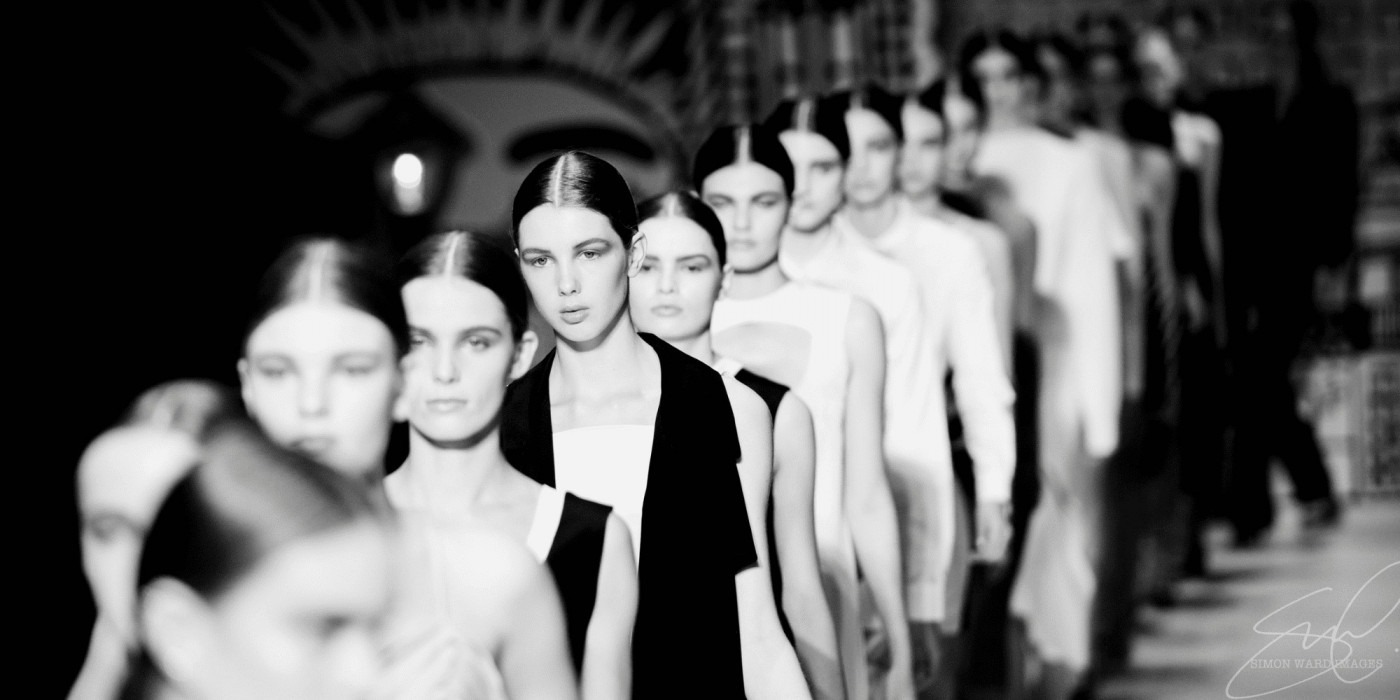Fashion Focus: Gender inequality in fashion
In commemoration of International Women’s Day, which was celebrated this past weekend on March 8, I want to direct our attention towards the persistent gender inequity within the fashion industry, encourage us to #AccelerateAction, and tackle gender inequality.
The majority of leadership roles, from CEOs to creative directors, are held by men, even though over 85% of graduating majors from top fashion schools are female
In the fashion world, women are exploited as consumers and producers, whereas men, more often than women, maintain a position as profiters. The industry is dependent on women as essential consumers who outspend men by 226%. Despite occupying an invaluable status as consumers, only 14% of major brands have a female executive at the helm, and less than 50% of recognised women’s clothing brands are designed by women.
Opportunity
As with other industries, the fashion industry is also guilty of a lack of gender diversity. The majority of leadership roles, from CEOs to creative directors, are held by men, even though over 85% of graduating majors from top fashion schools are female. Therefore, many of these female graduates are running shop floors and design studios, with fashion houses being less accessible.
It has been found that women enter the industry with greater ambitions than their counterparts, with 70% of women ‘aspiring to be a top executive’, compared to 60% of men. This gap in ambition inverts through career progression, with 91% of male vice presidents (VP) having this aspiration, compared to 73% of women, which indicates that women’s aspirations are not nurtured, and they become increasingly disillusioned within the industry.
This inequality is fostered further by a lack of awareness of the issue, with male figures in the industry ignorant of the bias and unjust nature, arguing that the fashion industry is diverse and fair. Therefore, this leads to a lack of initiative to address gender inequality.
Ultimately, at the core of the issue is a lack of career advice and support for women’s progression in employment. The McKinsey Report found that 80% of male executives believed that criteria for advancement were clear, whereas only 65% of their female counterparts held this same belief. The same report found that, at VP level, 45% of men receive advice to advance, compared to only 27% of women.
Marketing
The fashion industry, alongside alternate ‘beauty’ industries such as skincare and perfume, participates in ideological production, constructing and confirming dominant gender norms. Notably, in perfume advertisements, as shown by Deng Lin and Shi Huina, women hold an objectified secondary position under a dominant male gaze.
Moreover, as written by Olivia Free, fashion advertising tends to promote unrealistic expectations which has been to the detriment of women, leading to issues of self-esteem, body dissatisfaction, and heightened rates of body shaming. This issue is also faced by men, but due to women being targeted by fashion and beauty advertisements, based on their increased spending in the industry, the issue retains a gendered dimension.
It is essential to fight for changes within the broader industry by driving awareness and advocating for increased mentorship opportunities designed for women
#AccelerateAction
There is a lot that we can do to #AccelerateAction within the fashion industry. Most importantly, we must use our purchasing power as ethical and conscious consumers to support and promote the work of independent female entrepreneurs.
Furthermore, it is essential to fight for changes within the broader industry by driving awareness and advocating for increased mentorship opportunities designed for women in the fashion industry. In both of these aspects, I also implore you to apply an intersectional lens and prioritise supporting businesses headed by and schemes designed for women from ethnic minority backgrounds.
In response to harmful advertising practices, the strongest action would be a refusal to engage with the business, and therefore in this regard, it is once again with our purchasing power we can #AccelerateAction.

Comments